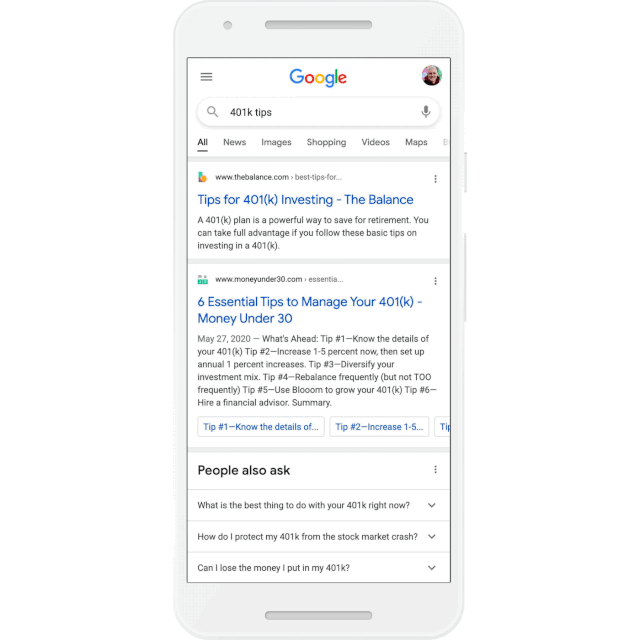Google displays 9 factors contributing to page ranking

Google is all set to announce a new feature that explains why Google is ranking that website for a particular query. The search engine shall now inform you of the high-level ranking variables that are responsible for this page’s position.
Google has revealed that it may now display many of the causes or reasons why it placed a certain search result higher in its search results listings. This feature is an addition to the ‘about this result’ box, which was first introduced in February 2021.
According to the Tech Giant, “On This Result” will provide searchers with information about some of the most significant variables utilised by Google Search to relate results to their searches.” Why is Google acting in this manner? “Because, just as these variables assist Google in determining whether a result is relevant, they may also assist users in determining whether result is beneficial to them,” Google explained.
Google lists up few ‘distinct factors’ for why the page can be ranked:
1. The search phrase corresponds to the page’s or HTML’s content (like title tags, etc). The terms that show in the search results. Google will show you whatever phrases from the searcher’s query were matched to the content and/or HTML on the ranking web page. Matches can be terms in the HTML, such as the title tag or other meta data, as well as visible text.
2. The search phrase is connected (synonymous) to the page’s content. The search phrase is connected to or matches the page’s links
3. The photos on the page are relevant to the keyword.
4. Google also searches for keywords that its algorithms have decided are relevant to the words in a users query.

5. The query’s language is relevant (e.g., a query or search in English is more likely to match on English contingencies)
6. The page’s area, or the region it serves, is relevant to the inquiry (i.e. like searching for COVID shot, you probably want to know what is offered in your region; or looking for when your trash is being picked up on your block). There are likely to be a few more characteristics listed by Google, and more are likely to be added in the future.

7. When a webpage has the same terms as your search, Google employs a basic but crucial factor to assess if the material is relevant.
8. When other pages link to a page that has similar words to your query, that page may be relevant to your search. It can also be a good indicator of whether or not online content providers think the website is relevant to the topic.
9. To offer information that is relevant to your region, our systems consider criteria like as the language you’re searching in, as well as your nation and location. If you search “what day is garbage pickup?” for example, it’s useful to obtain answers that are specific to your location or state.







